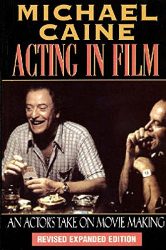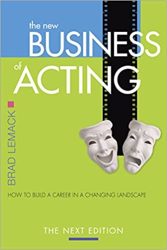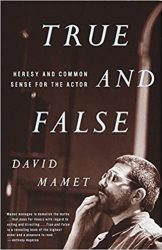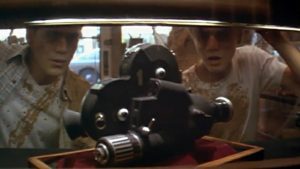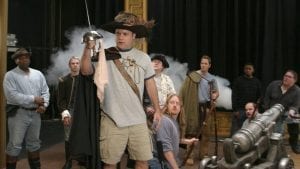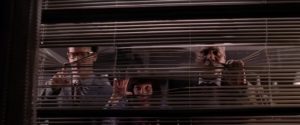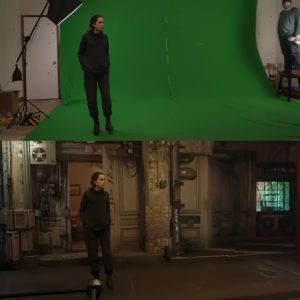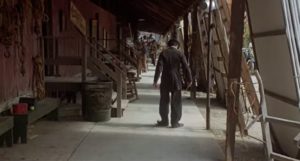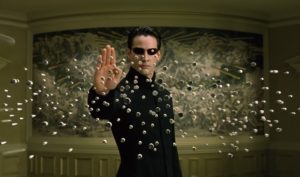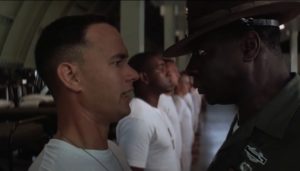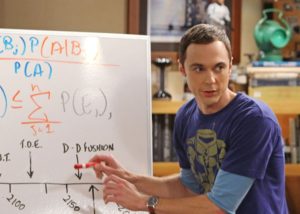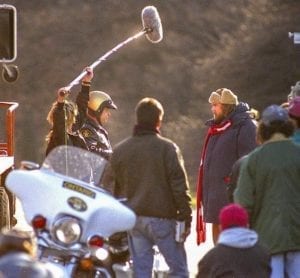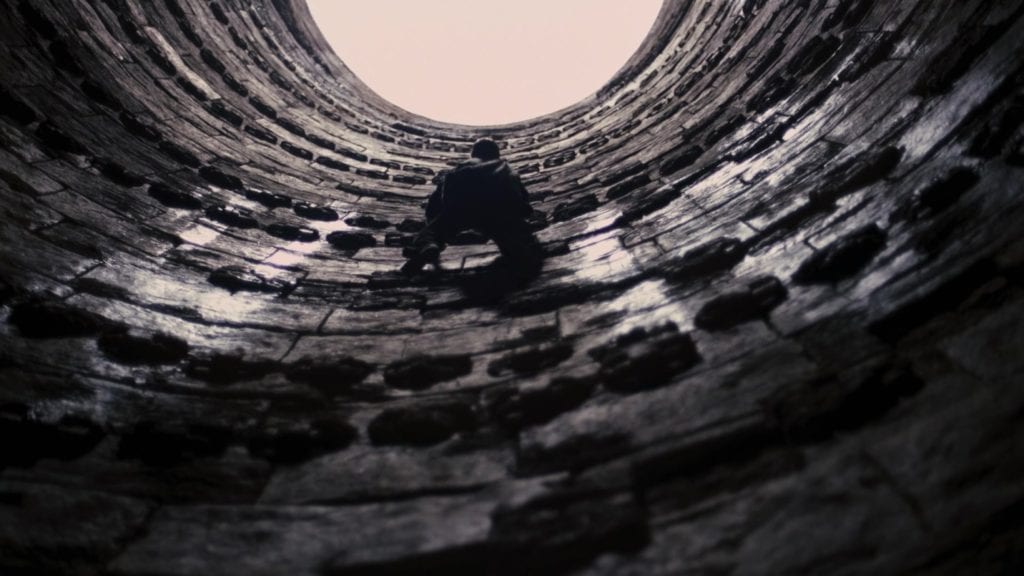
People become actors from many paths in life. Nevertheless, having been a working actor for over a decade now, I feel I understand the industry well enough to give you at least a general guide to help you estimate the time investment required. (Note: this article is meant for adults and may not really apply to child actors.)
To become a professional actor, you need to show agents and casting directors that you’re serious enough for them to invest in, such as by taking 2 years of acting classes and getting 20-30 credits from independent films, student films, and plays. The process of learning to act better is endless.
Below I describe the reasons behind this, with personal examples, to help you see the situation more clearly. Additionally, I’ve included some advice from acting agents to show you their views about how to become a successful actor.
Learning often and endlessly
One of my big passions in life aside from acting is dancing, and I realize that acting and dancing are a lot alike.
- I remember how, about two years into learning salsa dancing, I thought to myself, “Wow, I’m really getting this.”
- Fast forward a year later, and I thought to myself, “Wow, last year I didn’t know anything. Now I’m really getting it.”
- Fast forward another year and … the same thought.
- I’ve been a salsa dancer for over 10 years now and, even as recently as a few weeks ago, I thought to myself, “Wow, I think I’m finally starting to get it.”
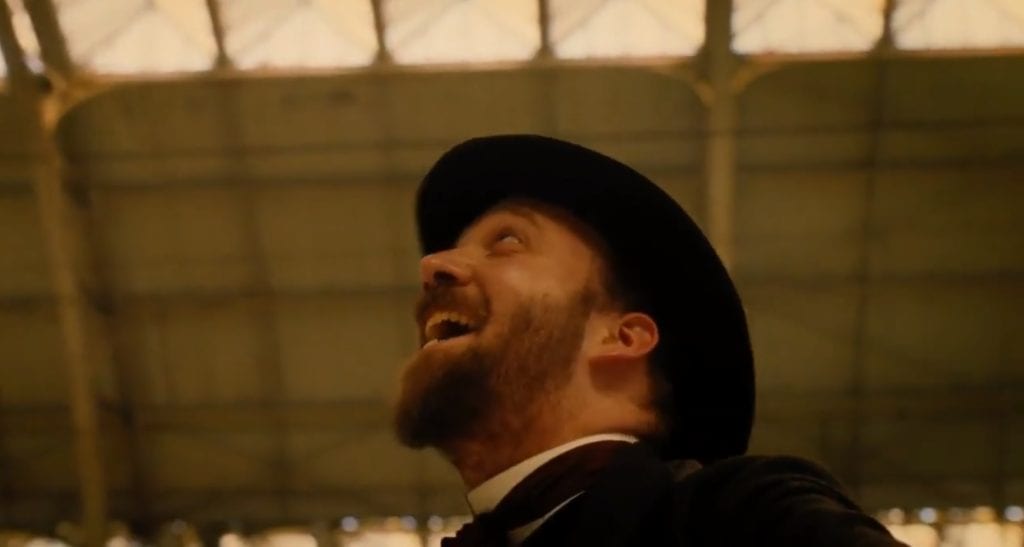
This is simply to say that the process of learning is never done.
Also, when I started dancing, I became much better than a lot of people I started dancing with not because I had more natural talent, but because I did it more. For every class I took, I would go out to do salsa dancing at the salsa clubs five or six times, whereas the other people in my class would only take the class. That’s how I got good enough to go and just dance socially in a year and got pretty good in two.
The biggest problem with learning how to be an actor is that most people enter with the idea that it’s their passion and that, therefore, they’ll have some deeper emotional connection and be able to act better right off the bat. Acting is the only thing that people take four classes of and say, “I’m ready.” For most new actors, they feel like acting is just being able to cry on cue. But you wouldn’t take a 4-year bachelor’s program in geography and feel like you knew everything there was to know about geography.
Getting casting directors and agents to trust you
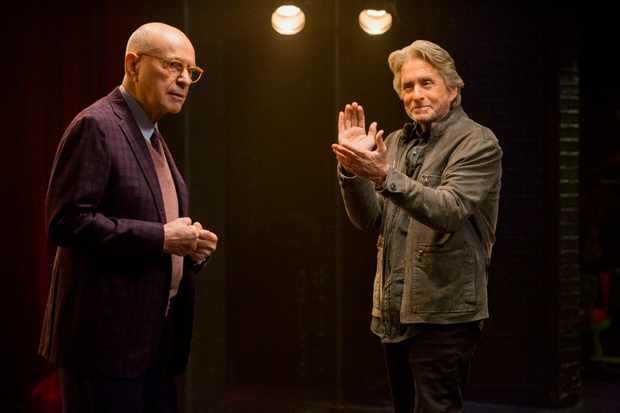
If you were to train once a week for a year, you might build enough of a skillset to be able to do one-liners in film production. It’s not just about what you have learned. It’s also about the casting directors and agents being able to trust that you’ll be able to perform on a set. That’s part of the learning process as well because a classroom (a safe environment) and a set (a very stressful environment) are two different things.
If you take acting classes for 2 years, you probably have good-enough chops to start thinking about acting as a career. That’s the bare minimum to be taken seriously as an actor. Because another sign that you’re serious to casting directors is agents is your investment in yourself; in other words, if you took two years of acting classes, that’s a ton of money, and if you’re willing to invest that much then you’re probably serious. Most people who try and do an acting career don’t really make it past two or three years.
Therefore, once you’ve been acting and have continued to train for a solid two or three years, doing smaller parts (“day player roles”), you are ready to start doing guest starring roles. All of this only works, though, if you’re already auditioning and doing small parts in independent films, theater, etc. Because learning to be an actor is an evolutionary process and you become better the more you do it.
Let me give you an example by telling you my journey.
In order to get work, I had to get an agent, but no agent would talk to me unless I had experience and training. Therefore, here is what I did:
- For two years, I took classes (twice a week) at a variety of different acting schools, training with some of the better-known teachers in my city.
- By the end of those two years, I also had about 20 or 30 credits from film and television in independent films and student films, as well as a few plays.
It was at this point that an agent thought I’d be good enough to start going out for very, very, small one-line parts and commercials.
Now that you know the minimum time you would need to become an actor, the next question is, “How long should you be training?” Let me put it this way: I’ve been an actor now for about 12 years. When I find the answer to that, I’ll let you know.
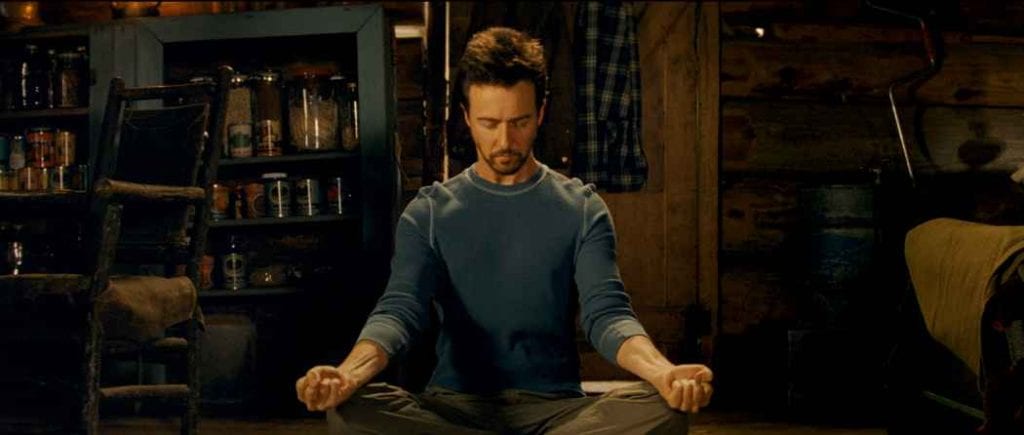
Advice from some acting agents:
I thought it would be good to give you some quotes from acting agents about what it takes to become and succeed as an actor. I found an article (here’s the link) that had interviews with various acting agents; check out the quotes below:

According to agent Mark Redanty,
- “The most important thing an actor can do to advance his or her career is never stop studying. I consider actors as artists, and an artist is never done honing his craft. Of course, it also helps to find that career-defining role, the one that shows everybody what you can do.”
- “It’s all about work. I want to see your work for myself, so I know what you can do, and you have to keep working so that other people can see your work. That’s the only way you improve your craft and get jobs.”
Agent Michael Raymen says,
- “I always tell new actors, ‘Don’t get out there and start making the rounds of agents and casting directors if you’re not ready. People can have a great ‘look,’ but not know what they’re doing. So if you’ve never been in front of a camera before, if you’ve never taken a class, go and spend some time doing that before you go out there. You don’t want to be auditioning clueless and meeting casting directors and making a bad impression. Get a foundation under you first. Some people who’ve done a lot of theatre may want to take a commercial or film class, so you know what it’s like to act in front of a camera.”
Agent Karen Garber says,
- about how she initially screens potential actors: “I don’t look at reels. I do look at headshots and resumes. On the resumes, I look at the credits.”
- about her reason for looking at the credits: “There is often a lot of technical or in-house jargon-y copy in the scripts and an actor needs experience in being able to pick that up fluidly and quickly.”
Honey Raider says,
- “This is your profession. Treat it as such. You don’t go into an operating room and say, ‘I am a surgeon,’ just because you’ve decided that’s what you want to be. You need training.”
Agent Rhonda Price believes that,
- “Above all, you have to work on your craft to be the best at what you are, study, act, and take care of everything else-like how you look. Watch films, read books, go to museums, work on expanding your inner self. No two actors are the same, just as no two people are the same.”
If you want to get started working on your craft right away but don’t have the opportunity to get formal training yet, feel free to check out our article about acting exercises you can do by yourself.
